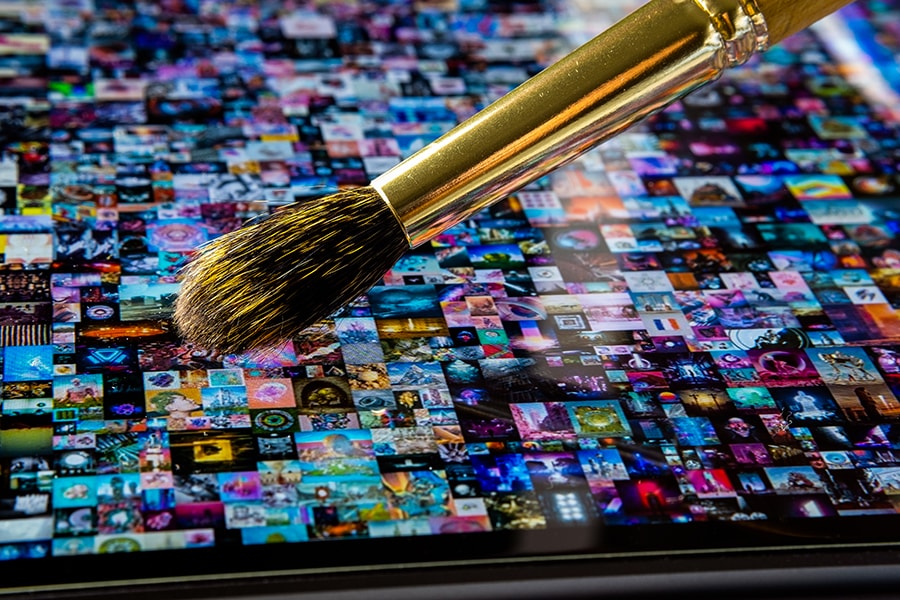
Storyboard18 - 2022 - Definitely, maybe: Year of creators, NFTs, DEI and sustainable brands
Predictions are a risky business. But we're bravely venturing again to list the many ways things will change in the future. In these articles, we have industry leaders and experts trying to future-gaze and capture the transformative and disruptive ideas and trends that will 'change everything as we know it'. (Or not.) In 2022, definitely, maybe
 Indian authorities have talked about regulating or even banning cryptocurrencies, but no decision has been taken yet. India is one of the biggest crypto markets in the world; Image: Shutterstock
Indian authorities have talked about regulating or even banning cryptocurrencies, but no decision has been taken yet. India is one of the biggest crypto markets in the world; Image: Shutterstock
My predictions for 2022 are a mixture of projection, prophecy and hope. But I do believe they will come true in some measure at least.
Ready? Here we go:
2022 will be the year of the creator
Fifty million people in the US alone describe themselves as creators today—and that figure reflects a worldwide trend. This number is set to rise sharply with the advent of Web 3.0. Web 2.0 turned out to be an oligopoly of walled gardens. Web 3.0 will be closer to the open internet that it was always meant to be, helping open up a new era of creativity.
Not just individuals, but companies and brands will also see an uptick in originality and expressiveness. Creativity will, more than ever, become the fuel for the success of companies and brands in 2022. The more ubiquitous data and technology become, the more creativity will be the differentiator. Already, some of the most valuable companies, Apple, Netflix, and LVMH (which owns the Louis Vuitton brand) are differentiated by their innate creativity.




